China's NMPA Accepts Everest's Zetomipzomib for Treatment of Lupus Nephritis
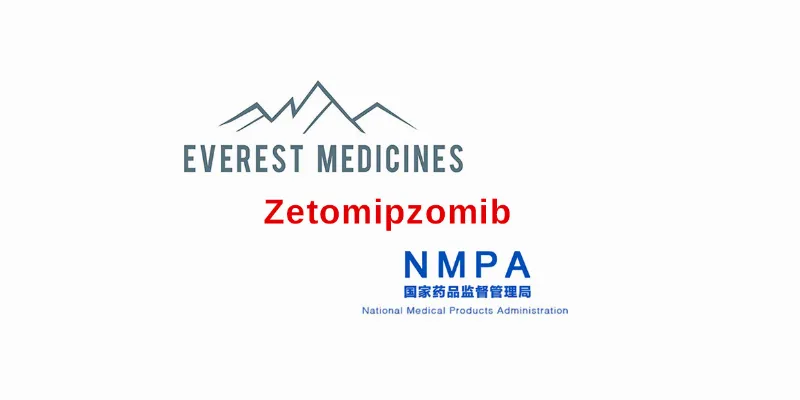
4 December 2023
Everest Medicines has announced that China's NMPA has accepted Zetomipzomib for the treatment of Autoimmune Lupus Nephritis. This new drug, a novel and first-in-class selective immunoproteasome inhibitor, is currently under evaluation for a variety of immune-mediated disorders. It has demonstrated promising results in Phase 2 trials, showing significant renal response and a strong safety profile.
Everest Medicines has made a significant stride in the treatment of autoimmune diseases, particularly lupus nephritis. With the acceptance of its Investigational New Drug (IND) application for zetomipzomib by China's National Medical Products Administration (NMPA), Everest is poised to join the global Phase 2b PALIZADE trial. This development not only signifies a potential breakthrough in lupus nephritis therapy but also positions Everest as a leader in renal and autoimmune disease treatment in Asia.
Zetomipzomib: A Novel Treatment Avenue
Zetomipzomib, also known as KZR-616, is a groundbreaking, first-in-class, selective immunoproteasome inhibitor. Its unique mechanism of action targets the immunoproteasome, a cellular component crucial in the immune response, making it an innovative approach to treating autoimmune diseases.
Rogers Yongqing Luo, the CEO of Everest Medicines, highlighted the significance of zetomipzomib's IND acceptance as a pivotal step towards clinical studies in China. Emphasizing the high prevalence of lupus nephritis in the nation, Luo expressed confidence that zetomipzomib would solidify Everest's leading position in treating renal and autoimmune diseases in Asia.
Clinical Trial Insights
The efficacy and safety of zetomipzomib are currently being evaluated in the PALIZADE trial. This global, placebo-controlled, double-blind Phase 2b clinical trial is investigating two dosage levels of zetomipzomib in patients with active lupus nephritis. Lupus nephritis, the most common secondary immune-mediated glomerular disease, is a significant cause of kidney failure, affecting around half a million individuals in China alone.
In the trial, patients will be randomly assigned to receive either 30 mg or 60 mg of zetomipzomib, or a placebo, in addition to standard background therapy. The primary efficacy endpoint is the complete renal response rate at Week 37. The trial aims to enroll 279 patients, with a focus on reducing corticosteroid use to a minimal level.
Previous Trial Successes
Zetomipzomib has previously demonstrated encouraging results in an earlier Phase 2 trial. The trial showcased a clinically meaningful overall renal response rate of 64.7% at Week 25, which improved to 88.2% by Week 37. Additionally, a significant reduction in urine protein creatinine ratio was observed, along with stable kidney function, as indicated by the estimated glomerular filtration rate. Notably, zetomipzomib was well-tolerated with a favorable safety profile.
The advancement of zetomipzomib into further clinical trials in China represents a beacon of hope for patients suffering from lupus nephritis and potentially other autoimmune diseases. Everest Medicines' commitment to developing innovative therapies like zetomipzomib could herald a new era in autoimmune disease management, offering patients more effective and safer treatment options.
About the PALIZADE Trial
PALIZADE is a global, placebo-controlled, randomized, double-blind Phase 2b clinical trial evaluating the efficacy and safety of two dose-levels of zetomipzomib in patients with active LN. Target enrollment will be 279 patients, randomly assigned to receive 30 mg of zetomipzomib, 60 mg of zetomipzomib or placebo subcutaneously once weekly for 52 weeks, in addition to standard background therapy. Background therapy can, but will not be mandated to, include standard induction therapy. Over the initial 16 weeks, there will be a mandatory corticosteroid taper to 5 mg per day or less. End-of-treatment assessments will occur at Week 53. The primary efficacy endpoint is the proportion of patients who achieve a complete renal response (CRR) at Week 37, including a urine protein-to-creatine ratio (UPCR) of 0.5 or less without receiving rescue or prohibited medications.






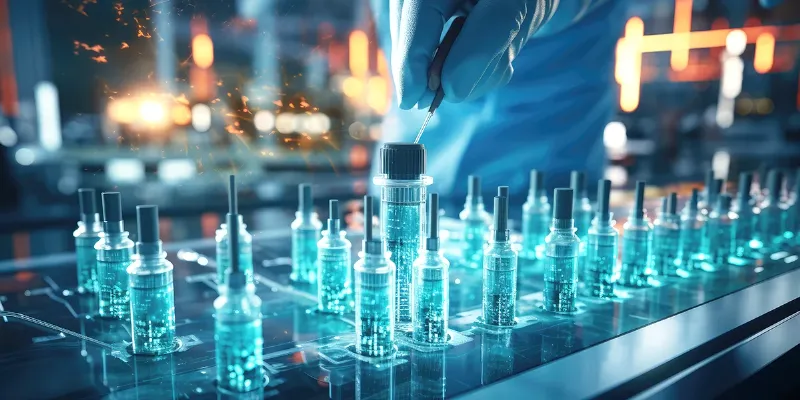
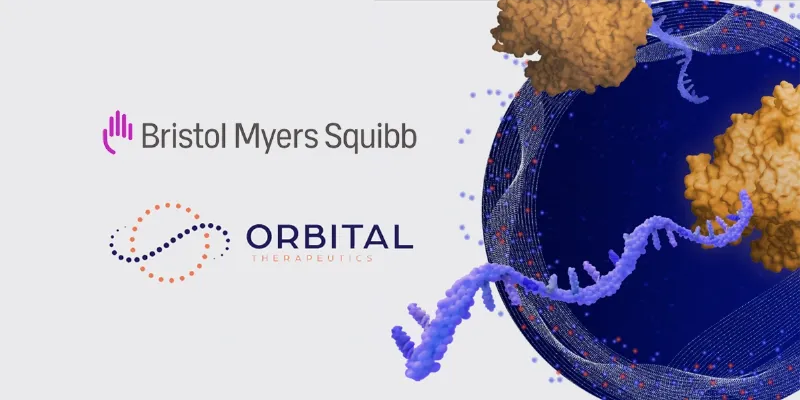
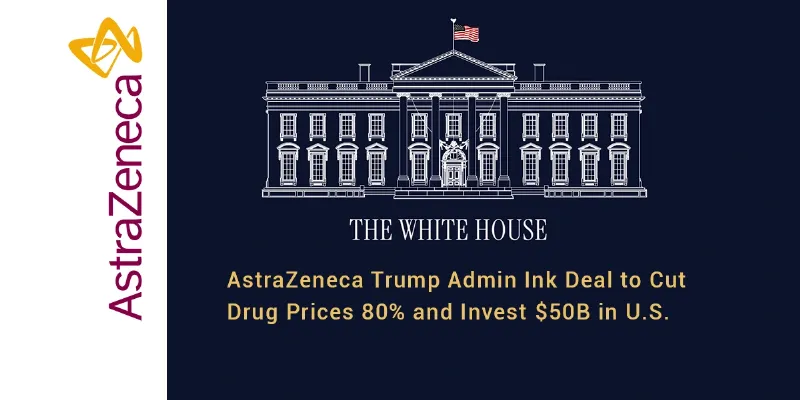
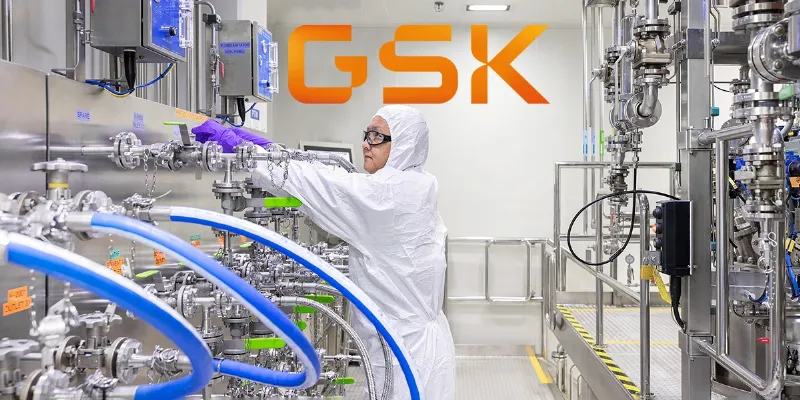

Comments
No Comments Yet!